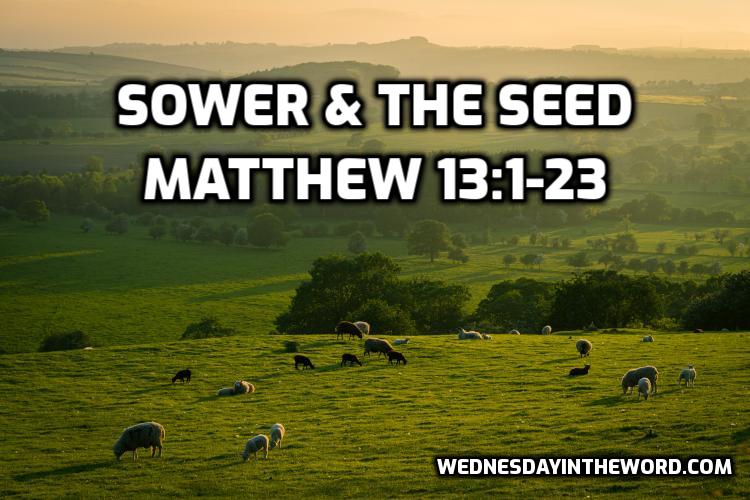
Fruit of the Spirit: Faith
Faith as a fruit of the Spirit is not a feeling or belief, but a transformative worldview based on four core convictions.

Faith as a fruit of the Spirit is not a feeling or belief, but a transformative worldview based on four core convictions.

Some see faith as a settled issue, something we no longer have to think about once we pray the sinners prayer. Others see faith as a journey with trials and troubles along the way. The goal is to grow and persevere. Which approach we take influences how we interpret the Bible. (I take the second approach.)

Tools and resources you need to do a word study on the Biblical Greek word for faith, pistis, G4102.

The Old Testament book of Habakkuk speaks to two of the most fundamental questions of the Christian faith: 1) How long will God let His people suffer? and 2) Why should we keep believing Him if we’re not spared the tragedies of life?

Saving faith is the permanent, ongoing trust in God that one day He will free me completely from all the consequences and effects of sin because of the blood of Jesus Christ. Saving faith itself is a gift from God and it involves 4 things.

With chapter 3 of Philippians, Paul begins a new but related topic. While his major concern is still that the Philippians sincerely embrace the gospel and so find eternal life, he now warns them against the false teaching of the Judaizers. While warning against legalism, Paul explains his view of his own “accomplishments” under the law.

Paul concludes this first section of the body of the letter by again encouraging them to persevere in the faith and telling them of 3 ways he hopes to communicate with them.

Why is God so difficult to believe in? We want control. We explain away His gifts and provision. We want a predictable god who doesn’t surprise us. The God of Scripture is complicated and does not answer all our questions. We are afraid the hope of the gospel is too good to be true. The truth is that God is really not hard to believe in. The problem is that it is our hearts that are fickle.

When Larry Alex Taunton of Fixed Point Foundation explored why many American college students are atheists, a “composite sketch” emerged — which I found I agreed with.

The Parable of the Talents is the last of three parables Jesus tells during a private discussion with the disciples about the end of the age. The parables focus on two themes: stay alert and persevere.

Since just what you would expect to happen in the Parable of the Sower & the Seed happens, this story must have sounded pointless to those who heard it without explanation. Why would Jesus tell it?

James 2:21-26 is the second half of the “problem” passage where it appears that the Apostles James and Paul disagree about how we are justified. The key to resolving the apparent contradiction is context. James and Paul are addressing two different questions.